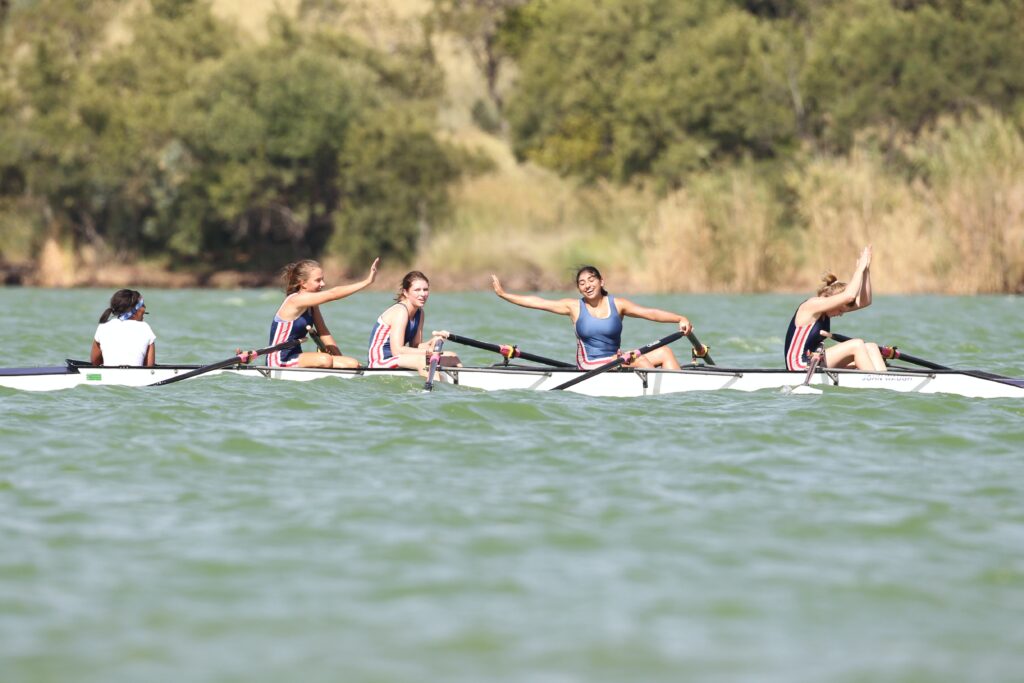What is it about a former athlete that makes companies want to hire them?

What is it about college athletes that makes them attractive to hiring managers?
We always hear that they have experience working as part of a team and have a competitive spirit, but it is so much more. So maybe you’re not an athlete – don’t fret! I’m going to break down the qualities that athletes often pick up from their experience so that you can learn them, too.
I used to work with a guy, Joe, who played numerous sports in high school, then went on to play college lacrosse. He was a successful sales guy, always meeting his goals and building strong client relationships. No surprise, Joe was promoted to a sales leadership role. People loved working with him. Many people did not realize how substantial his contributions were because he always came across as “a regular Joe.”
What was it about Joe that made him successful?
- He was a bright, easy-going, and all-around great guy.
- He knew how to lead a team.
- He understood the need for a strategy and to get everyone on board with it.
- He was naturally competitive and created internal contests and games to keep people motivated.
- He also made a point of celebrating the small wins along the way.
Plus, Joe never seemed stressed or lost his cool, and he always had time to connect – over a coffee or a beer. Based on his background as an athlete, he understood team dynamics and made them work in his favor.
Team dynamics in the workplace impact productivity and effectiveness.
Since groups accomplish most of the work in organizations, improving the dynamic between group members can lead to better work outcomes, customer satisfaction, and an improved bottom line. This includes how the team members interact, communicate and cooperate. How well your team can do these things directly influences what it can accomplish. Joe and other athletes often have a head start as leaders. What can we learn from Joe’s success?
Transferring Athlete Leadership Skills to Business:
- Develop a strategy and communicate it directly and regularly
- Create interdependence between team members
- Build trust
- Encourage a willingness to acknowledge and correct mistakes
- Provide clear goals
- Establish an accountability system for both individuals and the entire team
- Heap praise on those for a job well done
You may not have been a college athlete, but you can learn a lot from their leadership style and approach to being a part of a team. What on the list above could you employ and elevate your leadership game?
If you enjoy reading my KimMartinTheCoach blogs, follow me on LinkedIn, Medium, Instagram, or subscribe to my newsletter at kimmartinthecoach.com!